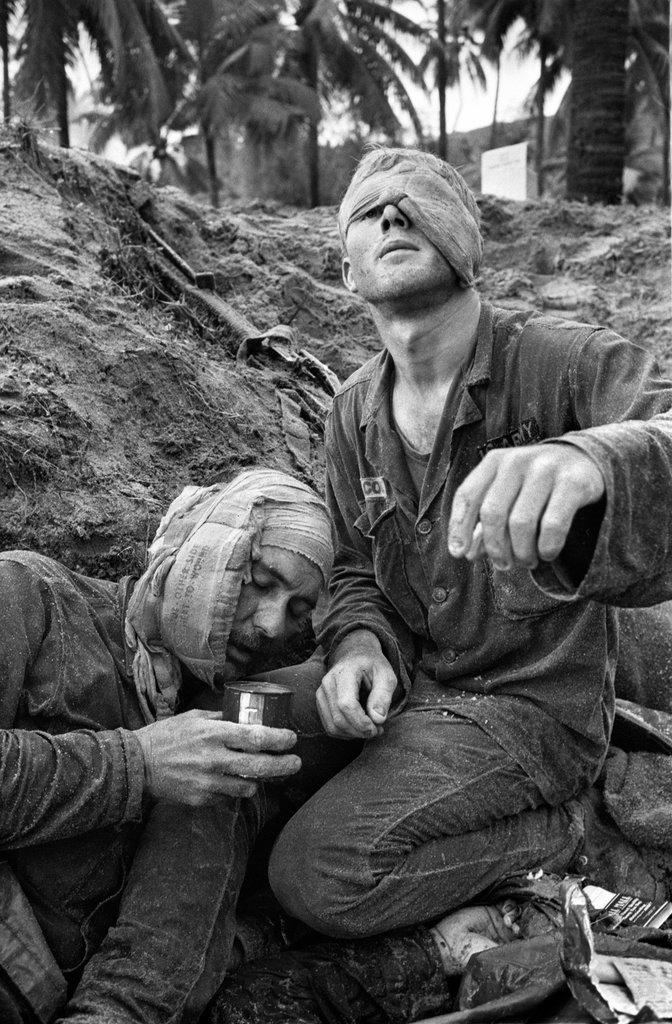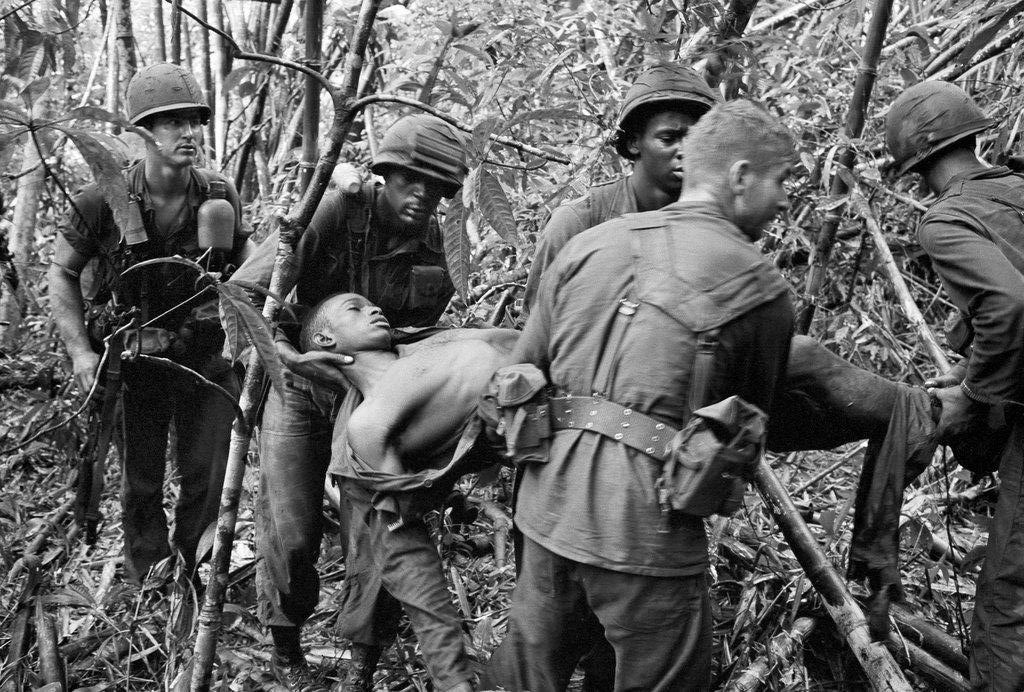Introduction
The representation of war in the media plays a significant role in forming the attitude of the public towards the armed conflicts. With the spread of the media, the government has to pay much attention to the light in which the conflict is shown, and manage the outcomes. In this paper, the impact of the media on the U.S. military interests and their general influence on the government policy will be discussed.
An Overview of the Relationships Between the Government and the Media
Regarding the Military Issues
Before speaking about the U.S. military interests, it is important to observe that the U.S. has the population of more than 320 million people. Thus, the military interests may be formed not by the “nation” as a whole, but by certain groups. It appears especially likely that major businesspersons engage actively in policy-forming, and that the acts taken by the politicians may be influenced by them. For instance, it is stated that, during the Cold War, the U.S. policy was largely influenced by the needs of weapon manufacturers to produce and sell arms.
Thus, before implementing a policy, especially a military one, whichever part of the population it originates in, the government needs to make it justified in the eyes of the rest of the population so as not to lose its support (e.g. in the elections). For this purpose, the media have always been used as a way to spread the information and propaganda.
However, the existence of independent media may interfere with the government’s agenda, force the authorities to change their actions, or produce undesirable for the government results in the public. For instance, during the Vietnam War, the failures of the American militaries caused fear and shock among American civilians; the exposure of the harsh realities of war (see, for example, Illustrations 1 and 2), and e.g. of the atrocities done by the American soldiers during My Lai Massacre, caused a significant public outrage.
As for the history of the relationships between the media and the U.S. military, it is stated that, due to reporting the U.S. armed forces’ failures in Vietnam, the media were, in fact, blamed for losing the war in Vietnam. Because of this, in 1991, censorship was implemented; it was ruled out to limit the access of the journalists to the military conflicts so as to avert possible adverse reports; special approval of the authorities was needed to publish materials. The images that were allowed to be published comprised sterile pictures of shooting, explosions, etc.; the fighting often resembled a computer game rather than a tragedy. As a result, however, the actions of the army obtained more support from the public, helping the government to achieve the military interests better.
It is stressed that after the Gulf War, there have been tensions between the U.S. military and the media. However, the media were permitted access to the area of the operations, but were required to show an understanding of various issues related to security. The broadening of the media access, however, improved the relationships between the media and the militaries, for the journalists gained more trust in the army. Today, these relationships can be described as those where there generally exists an understanding between the media and the government.
The Impact of the Media on the Military Policy in General
On the whole, it should be noted that the ubiquity of the media and the independence of journalists (or their dependence on different factions that have different interests) often makes the government become more careful in implementing military policies, and publicly justify their actions, simultaneously responding to the critics coming from various sources. In addition, due to the existence of the social media, virtually anyone can play a role of a journalist, spread various information and present their point of view. Thus, before implementing any military operations, it is now crucial for the policymakers to create thorough public affairs campaigns which represent the issues that are to be addressed by the named military operations in the respective light, even when the media and the government work together.
The militaries also have to be more careful in their actions; for instance, war crimes and excess violence can be exposed to the public with a great likelihood. In addition, the ubiquity of the media also influences the strategy and tactics employed by the armed forces. The journalists, as well as simple civilians who record events and spread it through the media, may reveal tactical information, which causes the militaries to be much more careful while dealing with classified information. Also, disinformation can be spread through the media, which is always a concern.
It is important that, unlike the mass media, the social media are more likely to show “unfiltered” information, disrupting the government’s military interests. The U.S. militaries, in their attempt to address it, conducted some rather costly studies of the social media. It is aimed to find out how to manage and/or manipulate the emotions of the population via these networks.
Conclusion
To sum up, it should be stressed that the ubiquity of media has an important effect on the implementation of military policy. During the Vietnam War, the journalists were allowed access to the military events, which caused a negative image of the American army in the media. As a result, the government later significantly restricted the access of journalists to the media; however, it was lifted in the future, and an understanding was reached between the government and the journalists. As for the social media, they are still highly probable to publish and spread “unfiltered” information among the public; the U.S. government conducts research on how to manage the influence of the social media on the public.
Illustrations


Bibliography
Blumenthal, Ralph. “A Veteran Reporter Reflects on a Distant War.” The New York Times. 2013. Web.
Greiner, Bernd. War Without Fronts: The USA in Vietnam. New Haven, CT: Yale University Press, 2009.
Quinn, Ben, and James Ball. “US Military Studied How to Influence Twitter Users in Darpa-Funded Research.” The Guardian. 2014. Web.
Rinceanu, Andreea Rodica, and Cristiana Adelina Niculescu. “The Relationship Between the Military and Mass Media.” Les Centred de Reussite Universitaire en ECO. 2016.
Zinn, Howard. “A People’s History of the United States, 1492-Present.” The GOYS Life. Web.